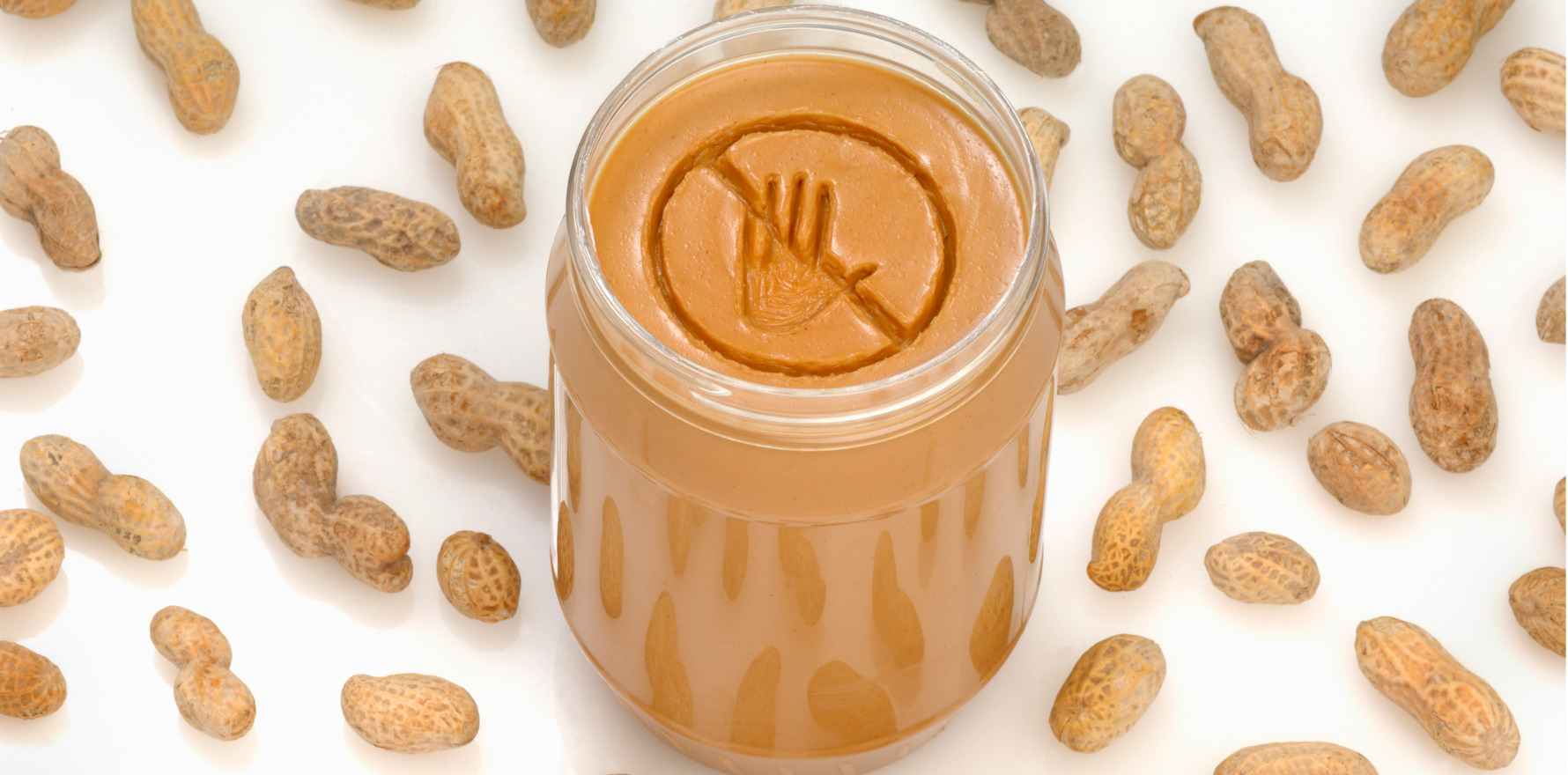The benefits of this food allergy treatment don’t outweigh the risks, experts say.
Opposition to oral immunotherapy for food allergies remains in Australia, with experts backing ASCIA’s refusal to endorse the approach.
Critics say the treatment isn’t worth the potential harms, which include a threefold risk of anaphylaxis according to recent research.
Speaking at the ASCIA Conference in Melbourne this month, Associate Professor Kirsten Perrett said there was “almost no evidence” that the treatment led to sustained unresponsiveness for long periods of time.
She pointed to Australian research published in The Lancet Child & Adolescent Health this year that found one in 10 children who didn’t achieve desensitisation went on to have peanut reactions in the 12 months after treatment. But in the group who did achieve desensitisation, the proportion rose to one in two. These children were consuming two peanuts each day and were reacting to their daily dose.
“If you achieved sustained unresponsiveness, it was better than desensitisation, but a quarter of children are still reacting,” said Professor Perrett. “That’s still more than if you avoid the food and you have accidental ingestion.”
Moreover, people taking oral immunotherapy are at three times the risk of anaphylaxis compared to those avoiding allergens, according to a 2019 systemic review and meta-analysis published in The Lancet.
Professor Perrett said this was the first paper to show a “real disconnect between what we’re trying to achieve with desensitisation and what’s actually good for those patients”.
And adverse events, while mostly mild, could be severe, she said.
“Most kids experienced adverse events during oral immunotherapy,” Professor Perrett said.
She said that as many as one in five children dropped out of the protocol because of their symptoms, and in her experience this usually happened when updosing in those first couple of months of oral immunotherapy.
Up to one in 20 experienced eosinophilic oesophagitis, she said.
“These children or adults often present with dysphasia or difficulty swallowing, food getting stuck in the oesophagus, chest pain, or regurgitation,” said Professor Perrett.
Quality evidence around long-term safety was thin, as it focused on participants who achieved desensitisation at 12 months and wanted to continue the therapy, she said. Others drop out.
But there was evidence that in that group who continued, there were fewer adverse events with time, immune markers improved and so did quality of life, she said.
“But there’s still no evidence for how long you need to be on it for.”
Despite the groundswell of opposition to oral immunotherapy, Professor Perrett acknowledged that it did achieve a high level of desensitisation compared with allergen avoidance.
“It’s really interesting in the last year or two how oral immunotherapy [has] been shown to be safely performed in young children and may have more durable responses when initiated at young ages,” she said.
Stanford University Associate Professor Sharon Chinthrajah outlined much of the new, promising research on this therapy at the ASCIA conference.
The paediatric immunologist said that that while more long-term research was needed, most side effects appear to be mild or moderate.
The largest study to date in young children is the US IMPACT trial published this year with 146 participants. It found peanut oral immunotherapy was effective and safe in children aged one to three years.
Desensitisation for up to 5000mg of peanut was achieved in 71% of children, and 21% had remission/sustained unresponsiveness to 5000mg after a six-month withdrawal period. Most of the side effects were mild or moderate, Professor Chinthrajah said.
This trial found that younger children, those who started the therapy at 12 months rather than at 36 months, were less responsive to allergens after treatment.
“These are really encouraging trends to highlight that oral immunotherapy may have more durable and sustained responses when initiated in younger age groups,” she said.
But Professor Perrett said that while this result was “brilliant”, the study had shown tolerance, not remission.
“It’s 26 weeks of not having any peanut protein,” she said. “They’ve shown that 20% … of these kids have pretty much, dare I say it, been cured. But only 20%. So very few people are actually going to get to that. Most people are going to have to have that daily dose.”
Furthermore, about 20% of children outgrow their allergy.
“The big question is how can we predict who’s going to outgrow it naturally and doesn’t need to go through oral immunotherapy and who needs oral immunotherapy and will benefit from it,” Professor Perrett said.
The patients who achieved tolerance in the IMPACT trial also had a lower baseline IgE level, Professor Perrett noted.
“So, if you’re essentially less allergic at baseline, you’re more likely to outgrow it,” she said.
“There’s a lot of work to be done on biomarkers at baseline to see what can be predicted.”


